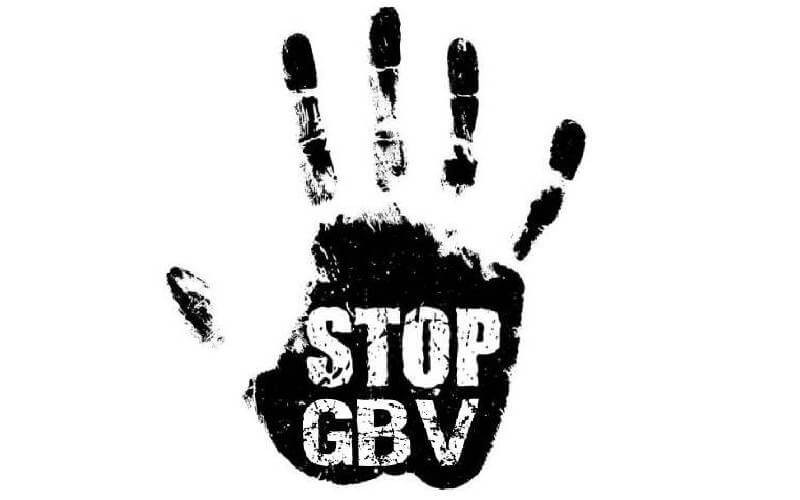
THE Economic Justice for Women Project Zimbabwe (EJWP) says it is pushing for lasting change that ensures that no woman or girl suffers in silence as it explores the nexus between empowerment and gender-based violence (GBV), NewsDay can report.
The organisation has partnered the Amalgamated Rural Teachers Union of Zimbabwe, Female Students Network and Southern African Parliamentary Support Trust supported by Southern Africa Trust to launch a robust campaign to curb GBV within the country and across the southern Africa region as the world commemorates 16 days of activism against GBV.
The commemorations run from November 25 to December 10 and are running under the theme Unite to End GBV for women and girls #StopGBVNow #ActNow #HerVoiceMatters.
The theme, which encompasses a holistic approach to a focused campaign to raise awareness and empower women in combating GBV, relates to an approach that communities, policymakers, religious leaders and stakeholders must adopt to ensure the end of economic, physical and emotional GBV within the country and across the region.
Speaking at the launch, EJWP director Margaret Mutsamvi said during the campaign, the project would document and expose the experiences of young women in Zimbabwe’s mining communities.
These stories, she said, were characterised by high rates of GBV that either they was violence or they had normalised some forms of GBV.
“Some of the highlight cases of GBV in their care economy include selective employment by mining companies based on gender.
“Mining companies prefer employing men to women based on the belief that mining requires masculine energy and strength.
“This makes women in these communities economically dependent on the men in their households making them vulnerable to varying forms of abuse in silence as speaking out may undermine the power of the provider in the home who may punish the women further or threaten her with eviction.”
She said in mining communities, there were competing uses of water and electricity between host communities and mining companies.
“Minerals such as lithium processing require loads of water, communities are left dry and women have to travel long distances to source for water and alternative energy sources (firewood).
“This increases their burden of care work and makes them vulnerable to other forms of abuse such as rape and possible attacks on their tracks in search for water and firewood. Alternatively they can stay for hours in queues for water due to water rationing,” she said.
Mutsamvi said the few women who were employed by mining companies, reported sexual harassment and poor working conditions with some often asked for sexual favours in their desperation for employment and can be overworked for very minimal salaries.
“Single women households are usually desperate for the upkeep of their families as they have to seek other sources of income, often artisanal mining, vegetable vending and other options in the informal sector, which may be highly risky.
“Most mining communities are gated and safeguarded by the mining companies while mine employees are provided dilapidated houses.“
”Women that are abused or harassed by mining company employees/supervisors remain silent as it can come with threats of eviction as punishment for speaking out,” she said.
Healthcare is a nightmare in most mining communities, she also observed.
Mutsamvi said poverty and lack of economic opportunities for women and young girls had seen an increase in child marriages.
She said education remained beyond the reach of many families due to meagre mine wages and the disqualification of women from officially working in mines due to their gender.
“Women and child-headed families continue to sacrifice the girl child over the boy child who has higher chances of being employed at the mine later in life.
“This has pushed young women and girls into child marriages, increasing the head count of mouths to feed and the care associated with raising children,” Mutsamvi said.
She also bemoaned absence of a legal obligation for mining companies to give back to communities.










